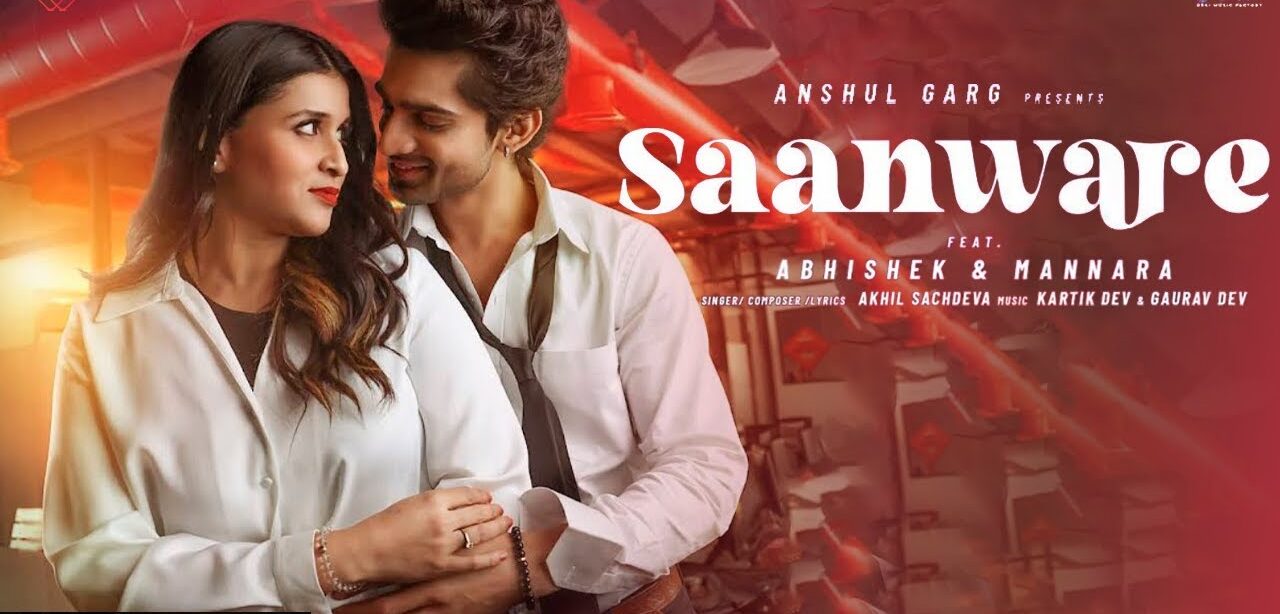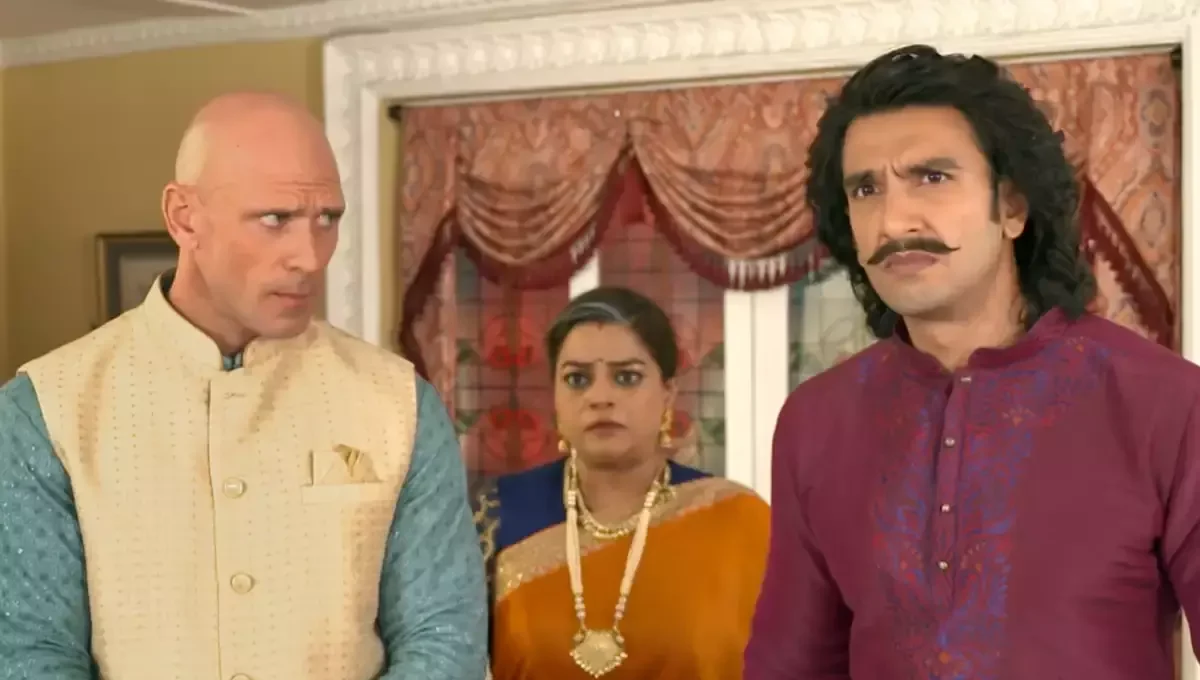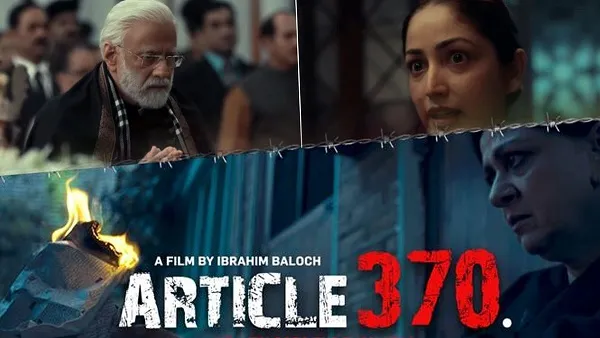
As the political fervor intensifies in an election year, the silver screen becomes a canvas for ideological narratives. Aditya Suhas Jambhale’s film, “Article 370,” takes center stage, presenting a persuasive exploration of the government’s Kashmir policy and the consequential abrogation of the contentious constitutional provision on August 5, 2019.
Unveiling the Political Tapestry
Released against the backdrop of impending elections, the film strategically navigates through recent historical events, aiming to elucidate the circumstances that led to the end of the special status of Jammu & Kashmir. The narrative unfolds through the eyes of intelligence officer Zooni Haksar, portrayed by the talented Yami Gautam.
The Filmmaking Tapestry
Director Aditya Suhas Jambhale orchestrates a visual symphony akin to a compelling PowerPoint presentation, underscored by a resonant background score. Unlike its cinematic predecessor, Uri (2019), which dramatized the surgical strike against Pakistan, “Article 370” seeks a more nuanced approach to a complex subject.
Navigating Complexity with Nuance
While the film aligns with the political narrative set by the ruling dispensation, it doesn’t shy away from delving into the intricacies of back-channel diplomacy and the evolving methods of dealing with separatists. The narrative astutely explores the intertwined issues of terrorism, conflict economy, and the moral ambiguities within the separatist movement and local political leadership.
Humanizing the Political Landscape
In its effort to scrutinize the decision to abrogate Article 370, the film inadvertently sheds light on the complexities of the Kashmiri leadership and their erstwhile allies in Delhi. By depicting the present dispensation’s inclination towards technicalities over constitutional morality, the film raises poignant questions about human rights violations and the prioritization of land over its people.
Stellar Performances and Character Portrayals
Yami Gautam leads the charge with her portrayal of Zooni Haksar, a Kashmiri Pandit intelligence officer with a personal vendetta against the political corruption in the state. The supporting cast, including Priyamani, Raj Zutshi, Arun Govil, and Divya Seth, adds layers and depth to the narrative, creating a tapestry of characters that resonate with the audience.
Cinematic Merits and Criticisms
While the film has garnered praise for its grounded storytelling and urgent narrative, some critics argue that it could benefit from tighter editing. The performances, particularly Yami Gautam’s, have been lauded for their intensity and depth, contributing to what some consider the best film of her career.
Audience Reception
Twitter reviews echo the sentiment, with many viewers hailing “Article 370” as a must-watch for every Indian. The film’s gripping tale of India’s history from a particular perspective has resonated with audiences, emphasizing the captivating and entertaining nature of the storytelling.
Prime Minister’s Perspective
Even Prime Minister Narendra Modi, during a rally in Jammu, acknowledged the film’s release and its potential to offer correct information about Article 370. While he expressed unfamiliarity with the specifics, he commended the idea of such productions providing insights into historical events.
Conclusion: A Cinematic Journey into Political Realms
“Article 370” emerges not merely as a film but as a cinematic journey delving into the intricacies of India’s political landscape. The compelling performances, nuanced storytelling, and timely release contribute to its resonance with the audience. As it becomes a focal point of public discourse, the film invites viewers to contemplate the multifaceted dimensions of historical decisions and their far-reaching consequences.






